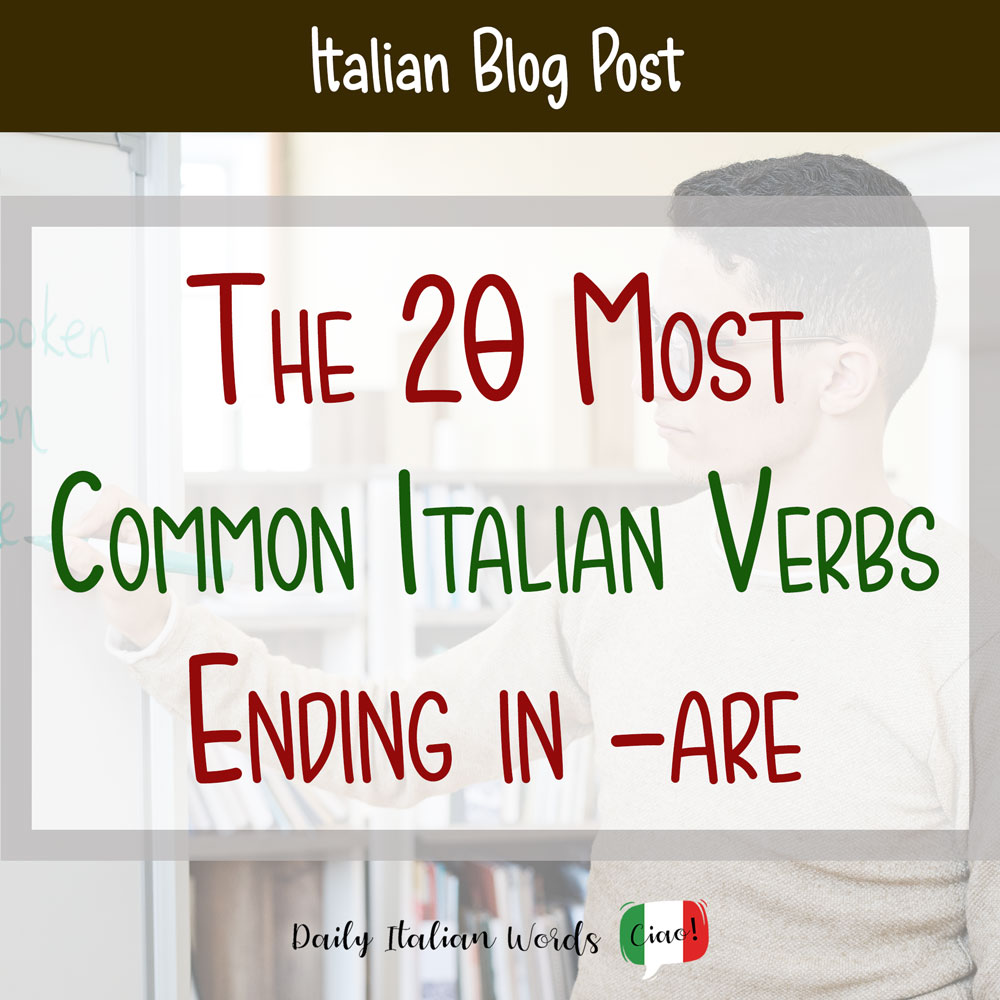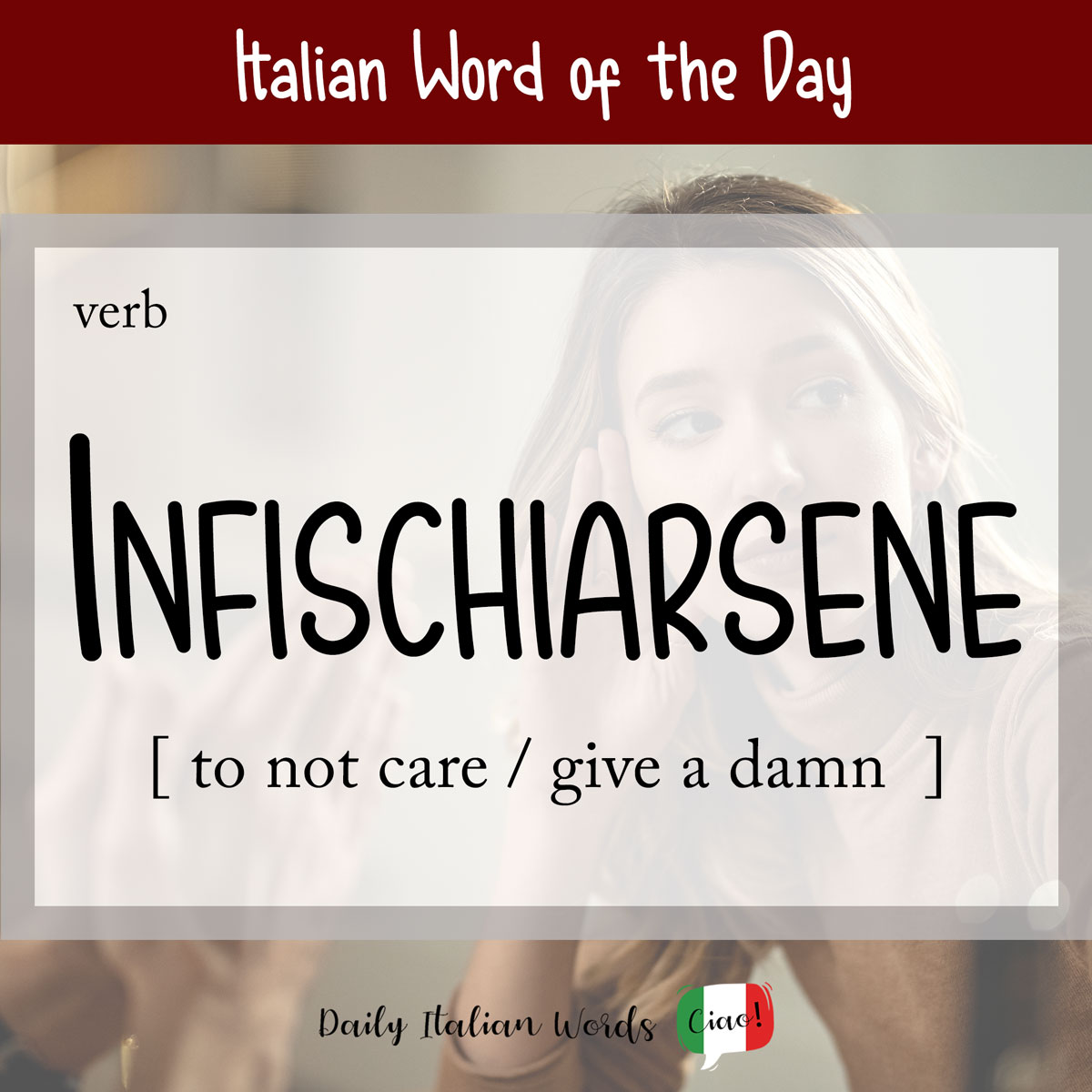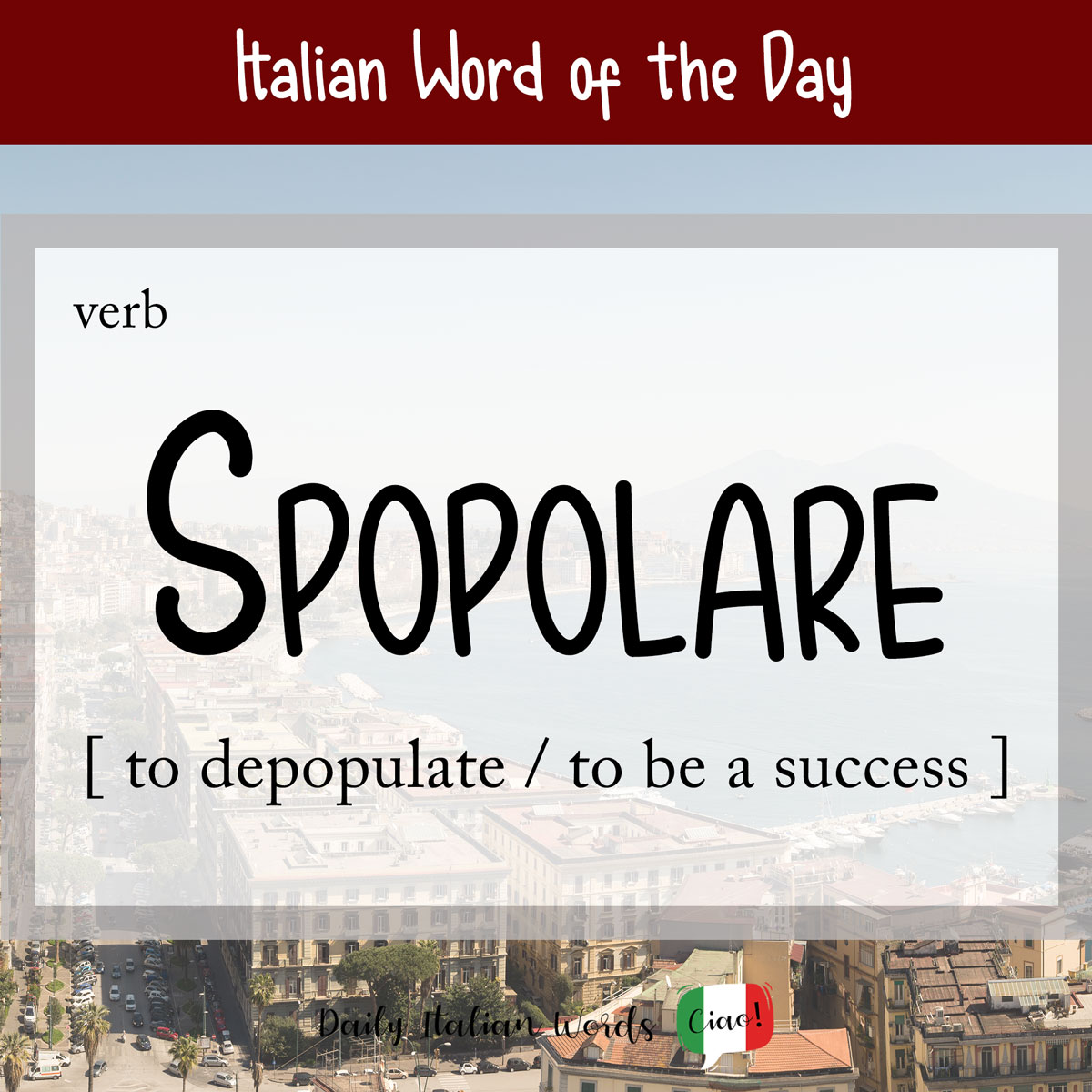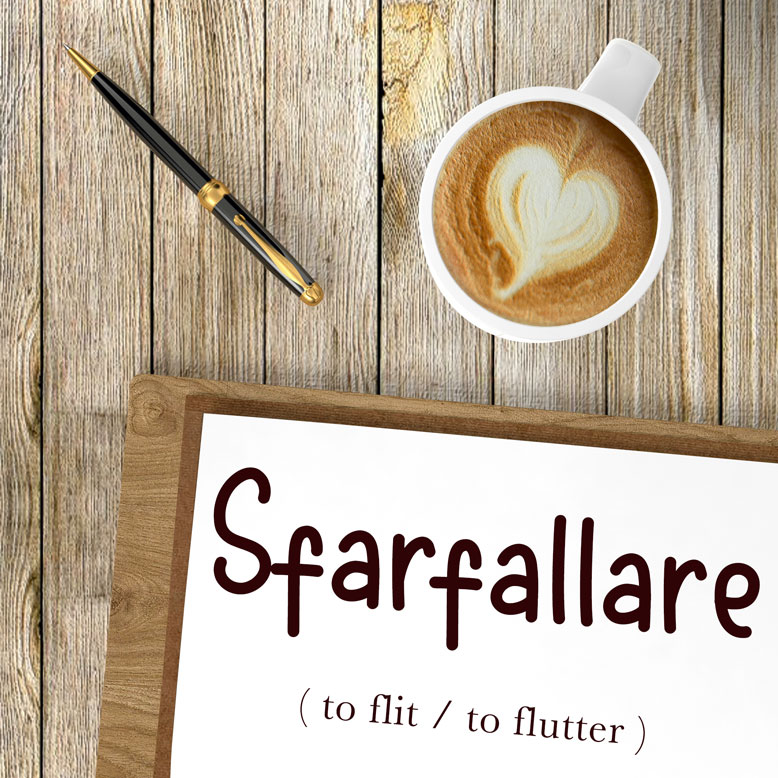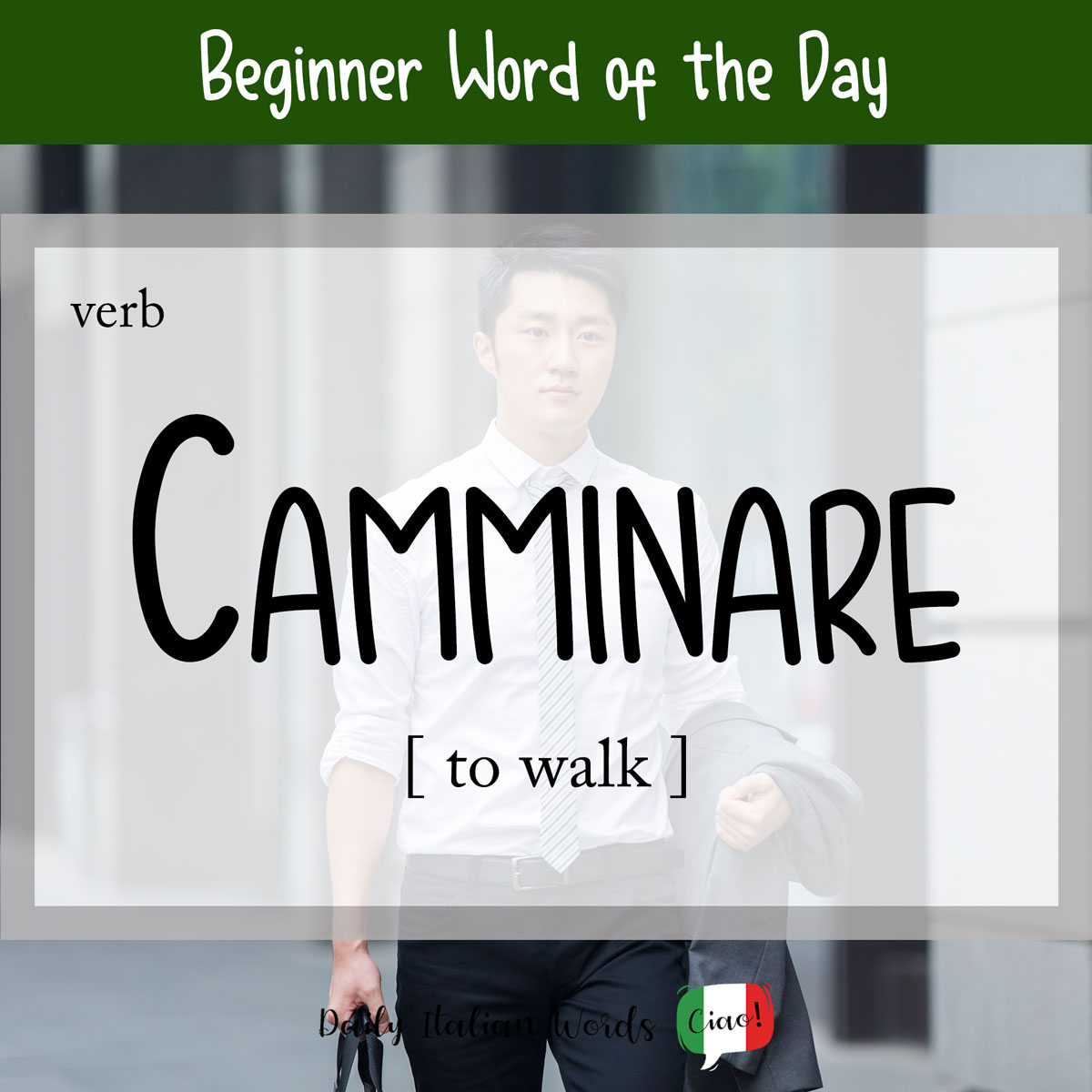The 20 Most Common Italian Verbs Ending in -ARE
Italian verbs can be divided into three groups, classified according to the ending of their infinitive forms: -are, -ere and -ire. Today we’re going to take a closer look at the -are group, otherwise known as the “first conjugation”. How to conjugate -ARE verbs in Italian In order to conjugate verbs in the -are group, …

